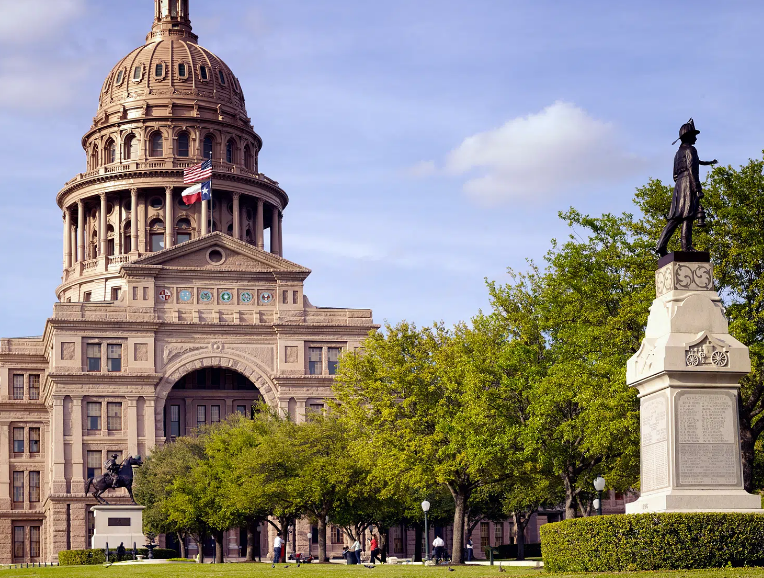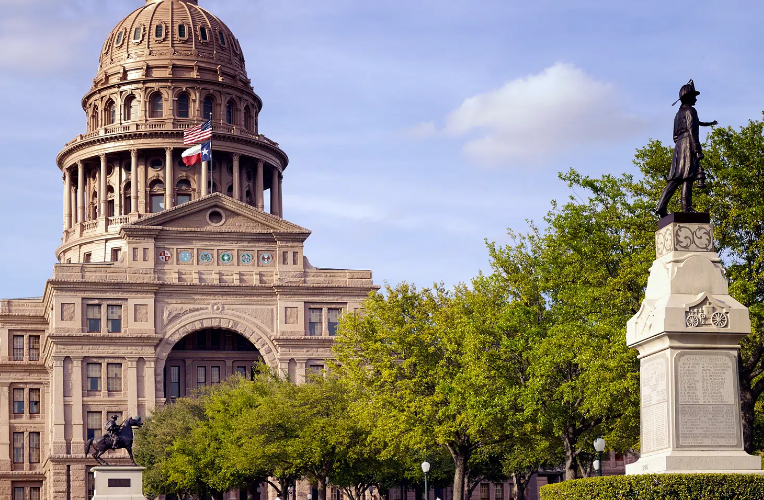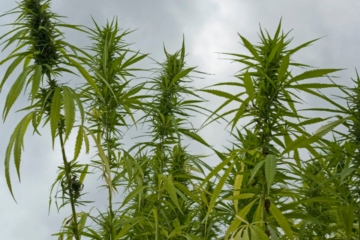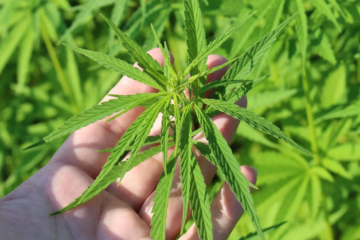Texas just slammed the door on hemp sales to anyone under 21, sparking a wave of changes that could reshape the industry overnight. Governor Greg Abbott’s bold executive order set the stage, and now state regulators have made it official with emergency rules that hit hard and fast. But what does this mean for businesses, young buyers, and the future of hemp in the Lone Star State?
Emergency Rules Take Effect Immediately
The Texas Alcoholic Beverage Commission rolled out these new rules on Tuesday, aligning perfectly with the governor’s recent push to protect kids from hemp products. This ban stops all sales of consumable hemp items to people under 21, and it applies to any business with a TABC license. Violators face automatic cancellation of their licenses or permits, a penalty that leaves no room for error.
Business owners must now check IDs for every hemp sale. If they skip this step and sell to someone too young, they lose their license on the spot. The rules aim to close loopholes that let minors access these products easily in the past.
This move comes after growing concerns about hemp’s popularity among teens. Regulators say it’s about safety first.
Officials point to reports of increased hemp use in schools and communities as a key driver.

Governor Abbott’s Push for Stricter Controls
Governor Greg Abbott issued his executive order earlier this month, calling for quick action to regulate hemp sales. He made it clear: hemp should not reach kids. The order directed state agencies to step up enforcement and ensure products are safe for adults only.
Abbott’s directive bans sales to minors and ramps up testing and packaging standards. It responds to worries that unregulated hemp has flooded the market, sometimes with unclear THC levels.
This isn’t Texas’s first tangle with hemp laws. Back in 2019, the state legalized hemp production under federal guidelines, sparking a boom in shops and products. But without age limits, critics argued it created risks for youth.
Now, with these emergency rules, the state is drawing a firm line. Enforcement kicks off on October 1, giving businesses little time to adjust.
How the Ban Hits Businesses and Consumers
Retailers across Texas are scrambling to comply. Smoke shops, convenience stores, and bars with TABC licenses must overhaul their sales processes. That means training staff on ID checks and possibly rethinking inventory.
One major impact: lost revenue from younger customers. Industry experts estimate the hemp market in Texas generates billions annually, with a chunk coming from the 18-to-20 crowd.
Failing to adapt could shut down operations entirely, as the automatic license revocation leaves no appeals process. Small business owners fear this could crush mom-and-pop stores already struggling.
For consumers over 21, the rules bring more assurance. Products must now meet stricter labeling and testing, helping buyers know exactly what they’re getting.
On the flip side, some young adults feel unfairly targeted. They argue hemp offers a legal alternative to riskier substances.
Here’s a quick look at key penalties under the new rules:
- Selling to under-21: Automatic license cancellation
- No ID check: Same harsh penalty
- Repeat offenses: Possible criminal charges
This structure puts the onus on sellers to get it right every time.
Broader Implications for Texas Hemp Industry
The ban ties into a national debate on cannabis regulation. Texas has resisted full marijuana legalization, but hemp carved out its own space since the 2018 Farm Bill. Now, with THC limits capped at 0.3 percent, the state is tightening the reins further.
Advocates for the industry worry this could stifle growth. A 2023 report from the Texas Hemp Coalition showed over 50,000 jobs tied to hemp, contributing about $10 billion to the economy. Restrictions like these might drive sales underground or out of state.
Critics say the rules protect big alcohol interests, as TABC oversees both booze and now hemp. They point to past legislative fights where hemp bans failed, only for executive action to step in.
Looking ahead, legal challenges could emerge. Some groups plan to sue, claiming the emergency rules overstep authority.
Texas isn’t alone. States like Florida and California have similar age bans, but Texas’s swift enforcement sets a tough precedent.
In a single move, these rules reshape access.
Texas’s decision to ban hemp sales to those under 21 marks a pivotal shift toward stricter oversight, balancing child safety with adult freedoms while potentially reshaping a booming industry. As businesses adapt and debates heat up, this could signal more changes ahead, leaving many to wonder if it’s a step forward or a stumble back.




